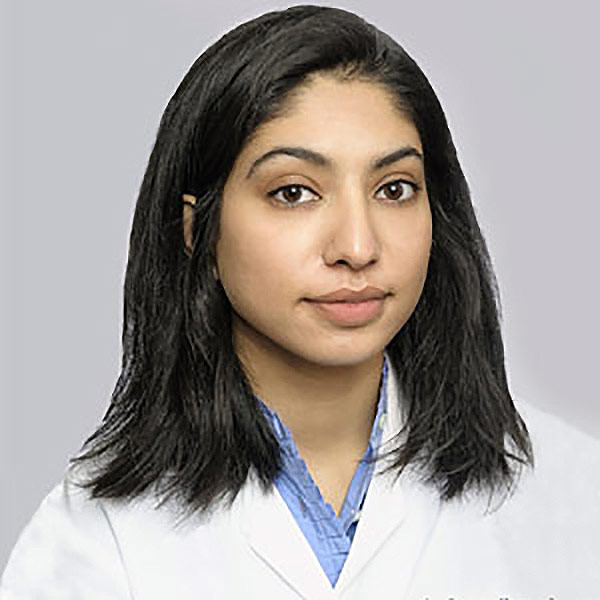Feature | Why I Chose Interventional Cardiology: An Interview With Amisha Patel, MD

In the following interview, Amisha Patel, MD, interventional cardiologist at Columbia University Medical Center in New York, NY, discusses how she chose her path in cardiology, specifically coronary interventions and structural heart disease. She also talks about the major role mentors have played in her career and provides advice for women interested in the field.
Why did you choose cardiology?
I chose a career in cardiology because it is academically and scientifically interesting, at the cutting-edge of advances in technologies that make tangible differences in patients’ lives, and is a field that allows me to build long-term clinical relationships with patients while developing technical procedural skills.
Practicing clinical cardiology in the acute setting allows me to manage critically ill patients and observe the direct physiological effects of my decisions in real-time. The ability to follow-up with these patients in an outpatient setting – after their acute illness has resolved – provides a continuity of care that is meaningful and gratifying.
What do you like best about cardiology?
The best part about my area in cardiology is performing procedures that have instant results!
Whether it is a middle-aged man clutching his chest with an ST elevation myocardial infarction, a cancer patient short of breath because of cardiac tamponade, or a frail elderly woman with congestive heart failure because of critical aortic stenosis, the ability to perform minimally invasive procedures that significantly and almost immediately impact a patients’ health and well-being is incredibly satisfying.
This outcome is somewhat unique to interventional cardiology and is the reason I chose to practice in this field.
Who has been a role model or mentor for you?
I have been lucky to have many role models and mentors throughout my career. My father, also an interventional cardiologist, has been eternally supportive and never had the slightest hesitation to me pursuing a career path in a male-dominated specialty and a particularly male-dominated subspecialty (less than 5 percent of interventional cardiologists are women).
When I was a first-year general cardiology fellow, Ranya N. Sweis, MD, MS, FACC, a young female interventional attending at Northwestern, saw my interest in the cath lab and encouraged my growth by mentoring me and giving me autonomy.
At Columbia, where I work now, I admire the innovative and field-changing advances pioneered by Martin B. Leon, MD, FACC, whose mentorship has been invaluable in the early stages of my career.
Why did you choose this area of cardiology or what area are you considering?
I chose interventional cardiology because I enjoy the acuity and variety of the procedures I perform, ranging from percutaneous coronary interventions to transcatheter valve replacements. I completed further training in structural heart disease because innovations in this area of cardiology are the way of the future.
We are now seeing rapidly evolving advances in device technologies for the treatment of valvular and structural cardiac abnormalities and expanding indications for the use of these technologies as alternatives to cardiac surgery. The clinical and research opportunities in this space will continue to grow in the future.
What advice would you give women considering cardiology?
Although interventional cardiology is a subspecialty that can be both physically and emotionally demanding while also time and labor intensive, the investment that I have made in my training and career has been worth it.
I continue to find the work stimulating, challenging and rewarding. I would advise women considering cardiology to think hard about the commitment you are willing to make. If you are truly passionate about it, it is worth the time and seemingly endless years of training.
It is a privilege to be trusted with something as important as a patients’ heart health and I am grateful to have the opportunity to do what I do.
This article is part of the ACC WIC Section's #ChooseCardiology series, where women in residency, fellowship and early career are encouraged to share why they would choose cardiology again.

